Artificial intelligence creates effective antibodies that far exceed human imagination

11:11 19/05/2024

3 phút đọc
In the medical field, scientists are using robots, computers and algorithms to search for potential new treatments in a way that humans cannot – by crunching huge volumes of data. giant and build previously unknown molecules.
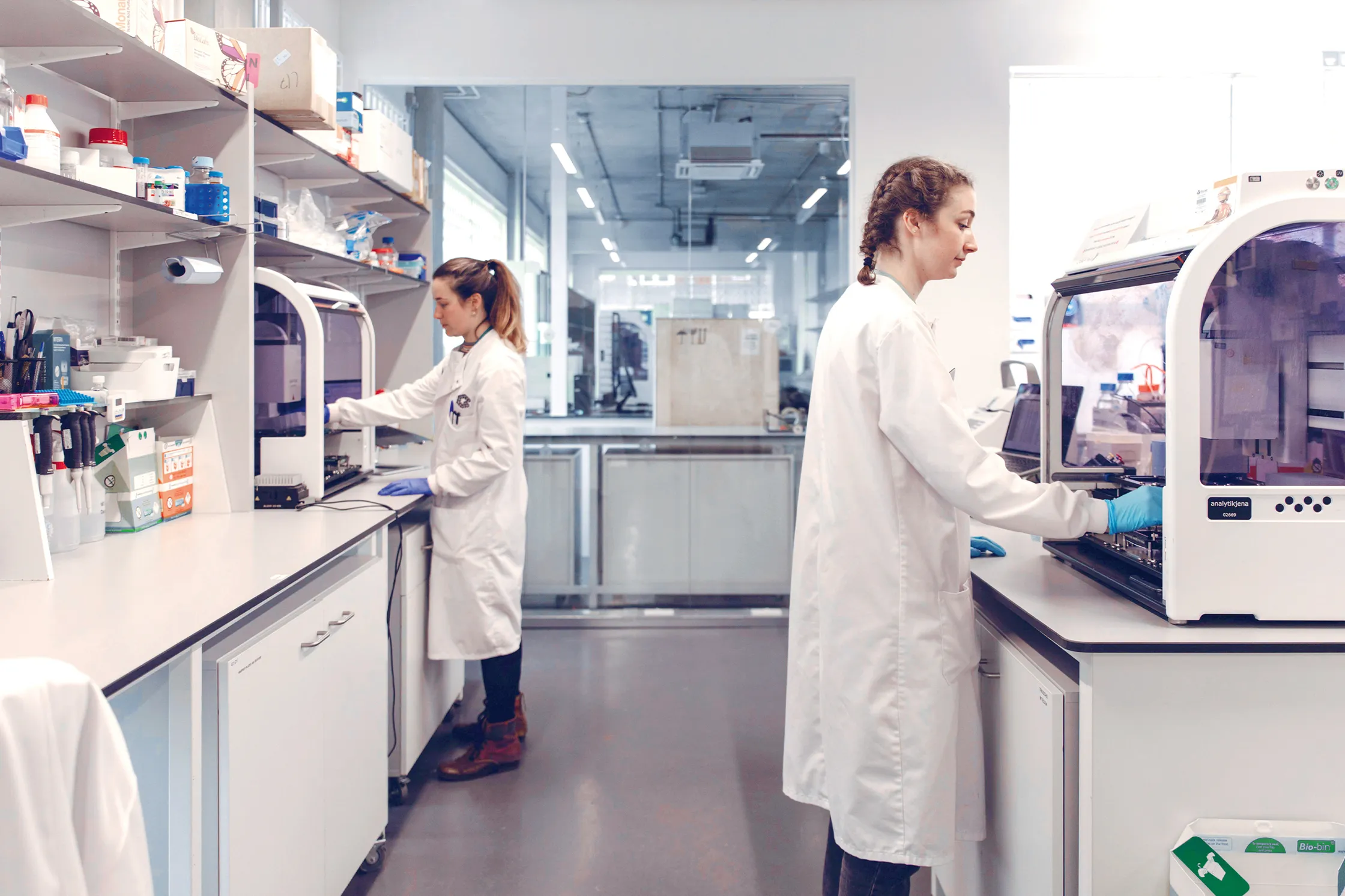
Instead of making biscuits, an old biscuit factory in South London has been replaced with robotic arms, incubators and DNA sequencing machines. This is where James Field and his company LabGenius are developing a revolutionary approach, using artificial intelligence (AI) to design new medical antibodies.
Antibodies are the body’s response to disease, acting as the front-line soldiers of the immune system. They are specially shaped protein fibers that help them attach to foreign pathogens to eliminate them from the body. Since the 1980s, pharmaceutical companies have produced artificial antibodies to treat diseases such as cancer and reduce the risk of organ rejection after transplantation.
However, designing these antibodies is a slow process for humans – protein designers must sift through millions of potential amino acid combinations to find molecules that can combine correctly with each other. , then test them all in practice, tweaking some variables to improve some properties of the treatment while hoping that doesn’t make it worse in other ways.
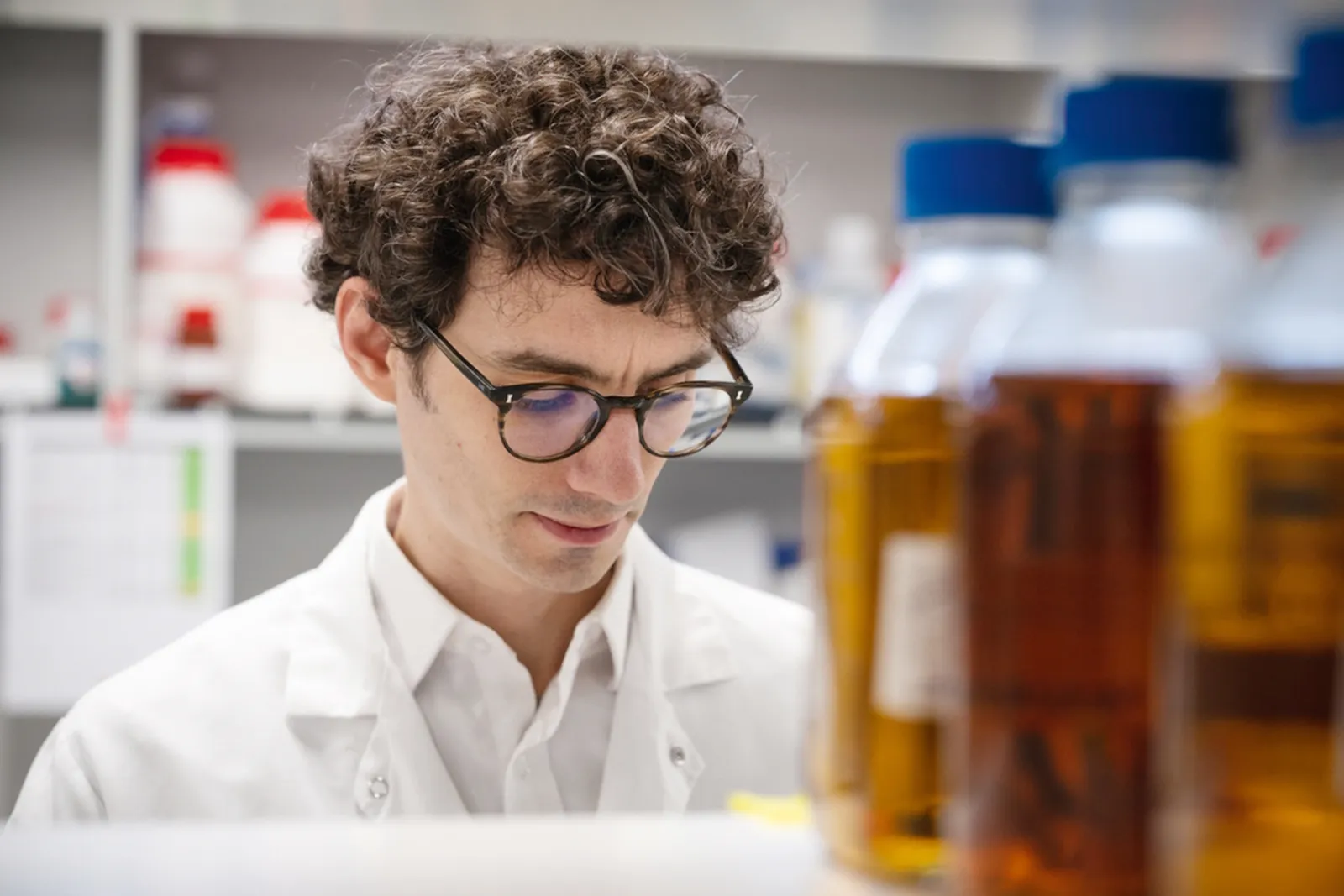
James Field – Founder of LabGenius
LabGenius uses all three to automate much of the antibody discovery process. In the lab, a machine learning algorithm designs antibodies that target specific diseases, then automated robotic systems build and grow them in the lab, run tests and feed data. The data goes back to the algorithm, all with limited human oversight.
Scientists start by identifying a group of potential antibodies to tackle a specific disease: They need proteins that can distinguish between healthy and diseased cells, and stick to diseased cells. and then activate an immune cell to destroy them. But these proteins could lie anywhere among a myriad of potential options. LabGenius has developed a machine learning model that can explore that space much more quickly and efficiently.
The model sifts through more than 700 initial options from 100,000 potential antibodies, then automatically designs, builds and tests them, with the aim of finding potential areas for further research.
The tests are almost completely automated, with a range of high-end equipment involved in preparing the samples and running them through the different stages of the testing process: Antibodies are cultured based on the sequence their genes and are then put to the test on biological assays – tissue samples of the disease they are designed to address. Humans monitor the process, but their job is mainly to move samples from one machine to another.
The algorithm begins to build a picture of how different antibody designs change the effectiveness of the treatment – with each subsequent round of antibody design, it improves, carefully balancing exploitation potential designs and explore new areas.
LabGenius’ approach delivers unexpected solutions that humans might not have thought of and finds them faster: It takes just six weeks from problem formulation to completion of the first batch, all directed by machine learning models.
According to researcher Field, this method promises to bring about more effective treatments. Antibodies created using artificial intelligence could be more potent or have fewer side effects than current human-designed antibodies.
He explains: “We can find molecules that conventional methods would never detect. They are very different and often go against human conventional thinking. This allows us to we find molecules with better properties, ultimately leading to better treatment outcomes for patients.”
Bài viết liên quan
Palm Mini 2 Ultra: Máy tính bảng mini cho game thủ
Robot with smart grip
NASA’s goal of conquering the Sun
Apple launches a new feature that makes it easier to use your phone while sitting on vehicle
Google Photos launches smart search feature “Ask for photos”
Roku streams live MLB baseball games for free
Gun detection AI technology company uses Disney to successfully persuade New York
Hackers claim to have collected 49 million Dell customer addresses before the company discovered the breach
Thai food delivery app Line Man Wongnai plans to IPO in Thailand and the US in 2025
Google pioneered the development of the first social networking application for Android
AI outperforms humans in gaming: Altera receives investment from Eric Schmidt
TikTok automatically labels AI content from platforms like DALL·E 3
Dell’s data was hacked, revealing customers’ home address information
Cracking passwords using Brute Force takes more time, but don’t rejoice!
US lawsuit against Apple: What will happen to iPhone and Android?
The UAE will likely help fund OpenAI’s self-produced chips
AI-composed blues music lacks human flair and rhythm
iOS 17: iPhone is safer with anti-theft feature
Samsung launches 2024 OLED TV with the highlight of breakthrough anti-glare technology

REGISTER
TODAY
Sign up to get the inside scoop on today's biggest stories in markets, technology delivered daily.
By clicking “Sign Up”, you accept our Terms of Service and Privacy Policy. You can opt out at any time.













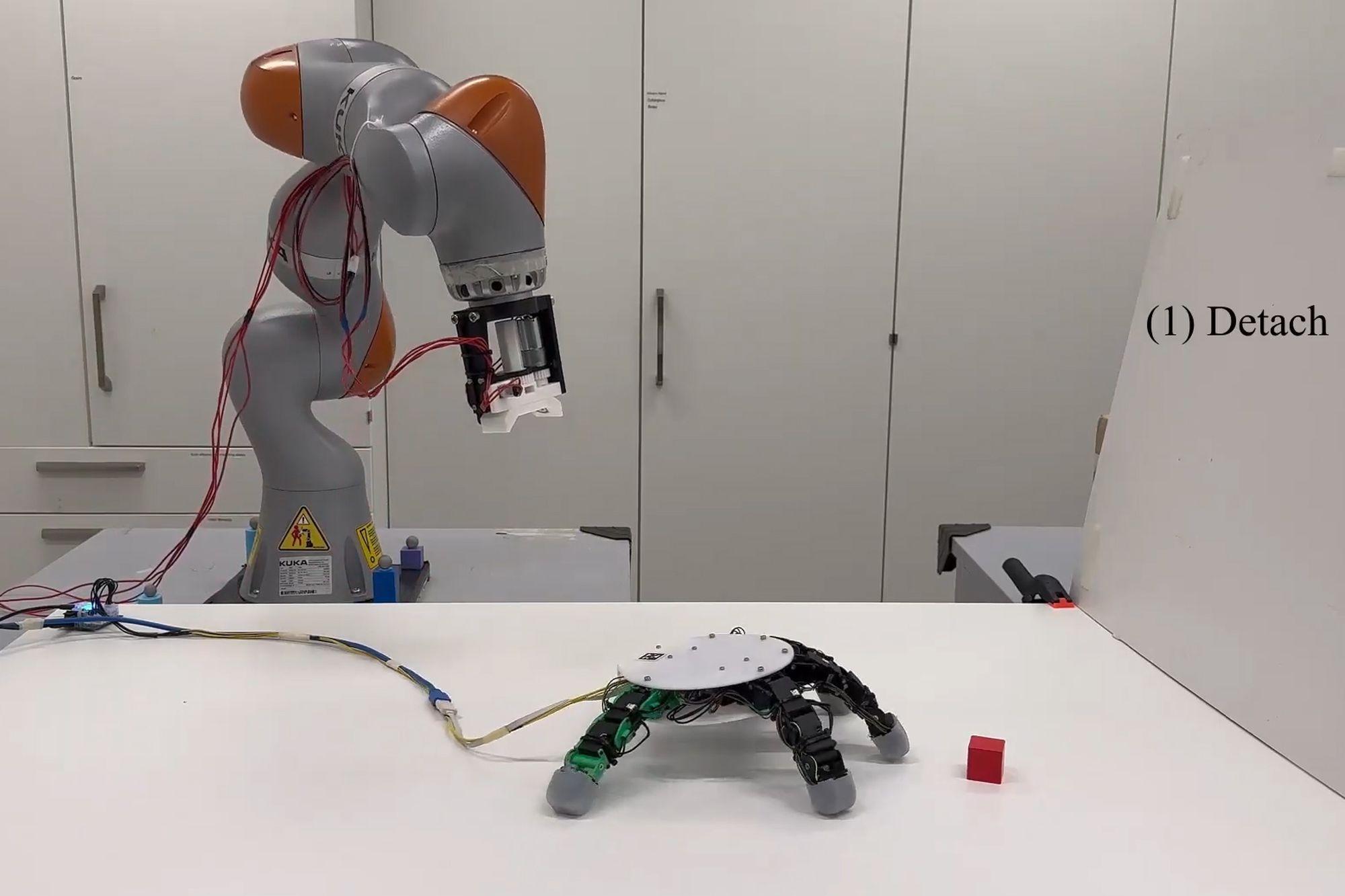

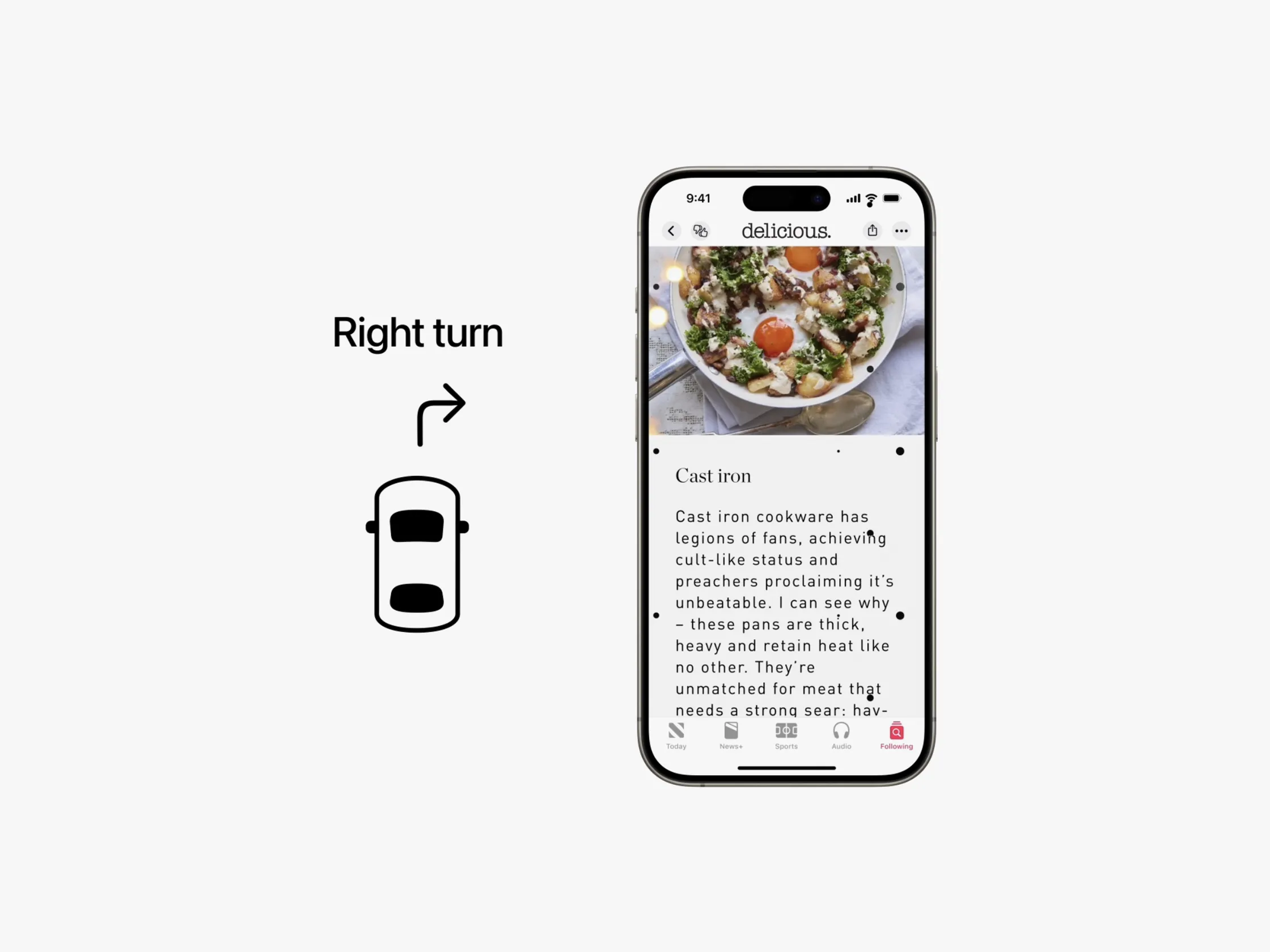
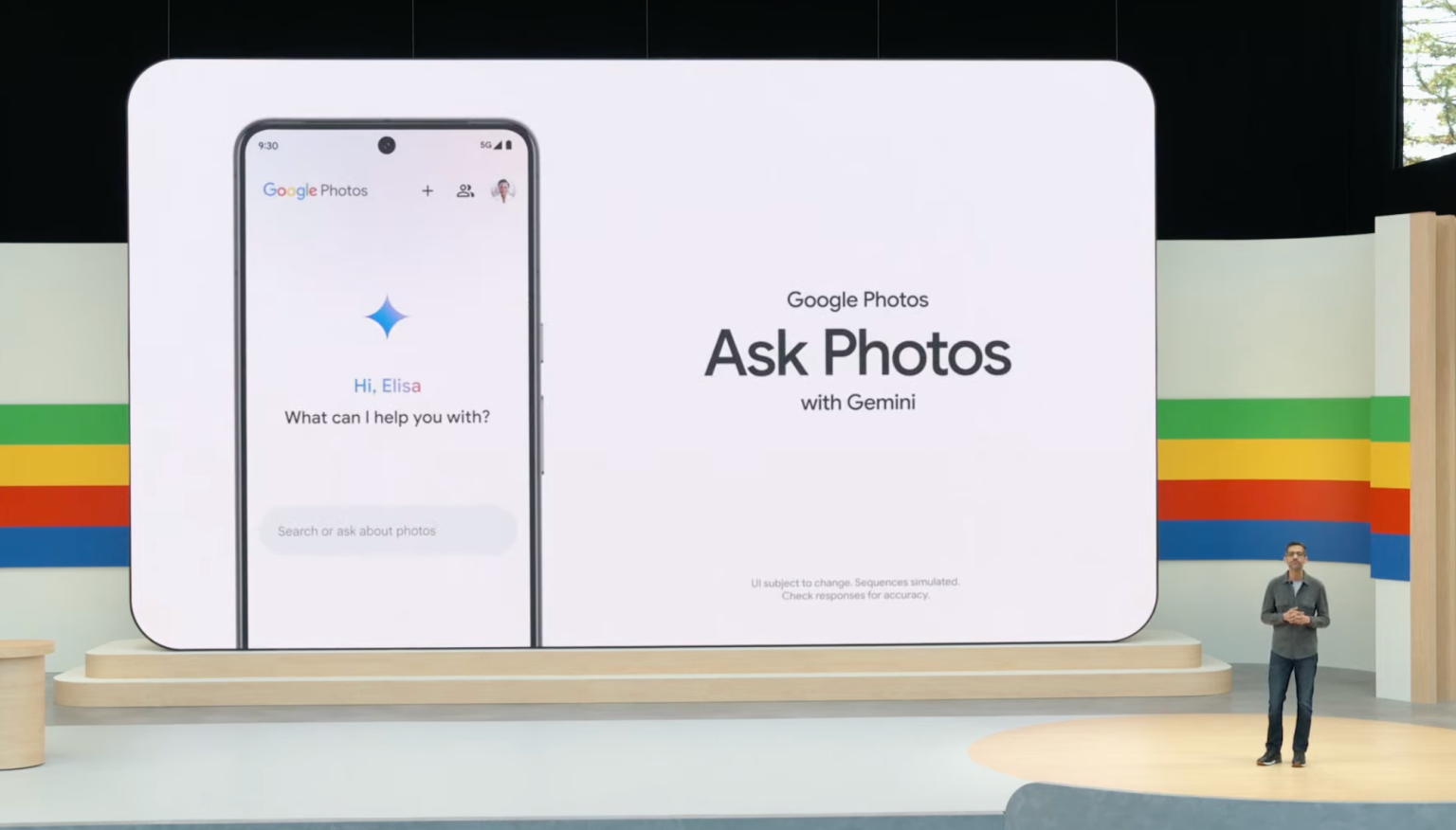

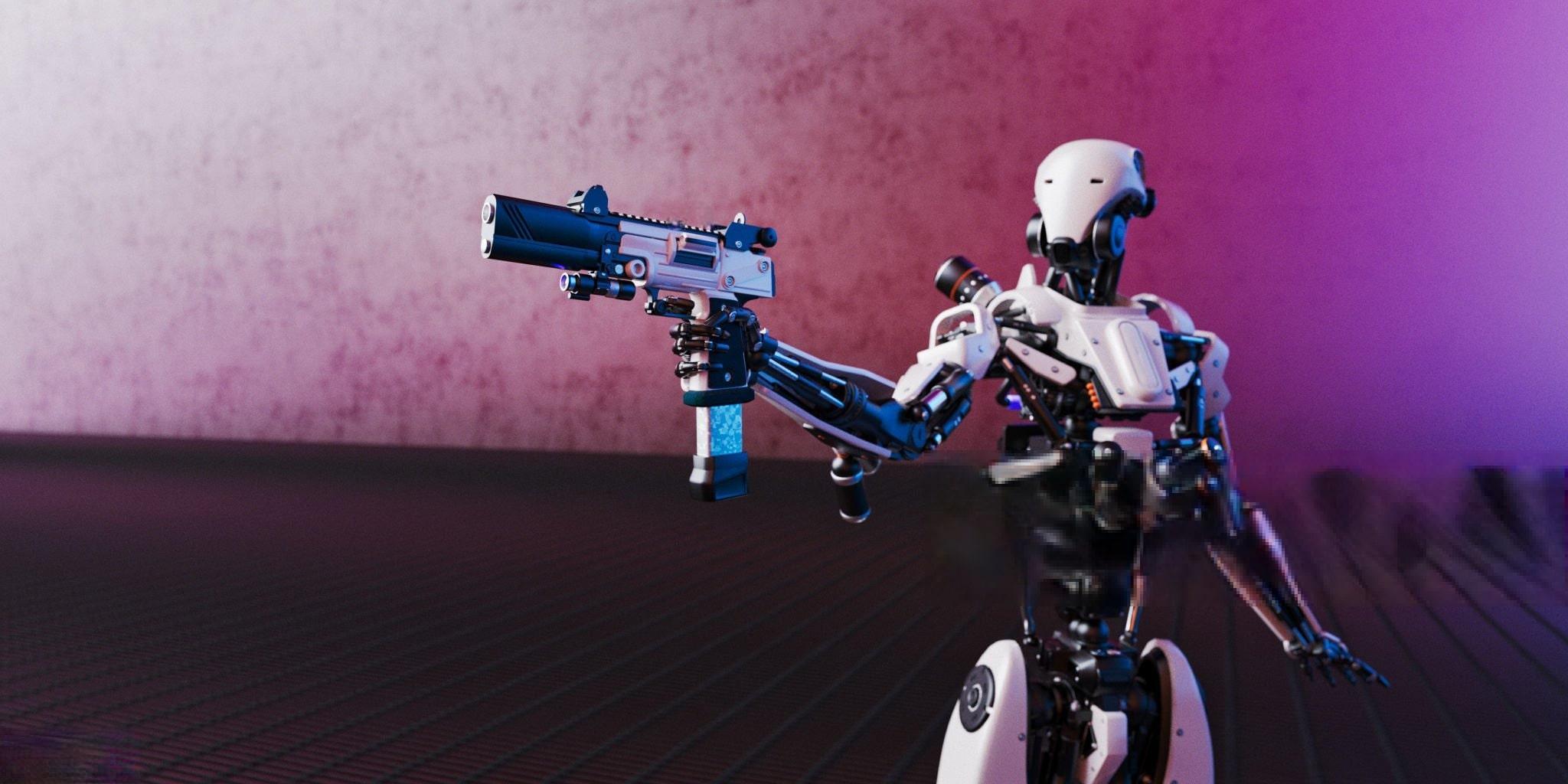




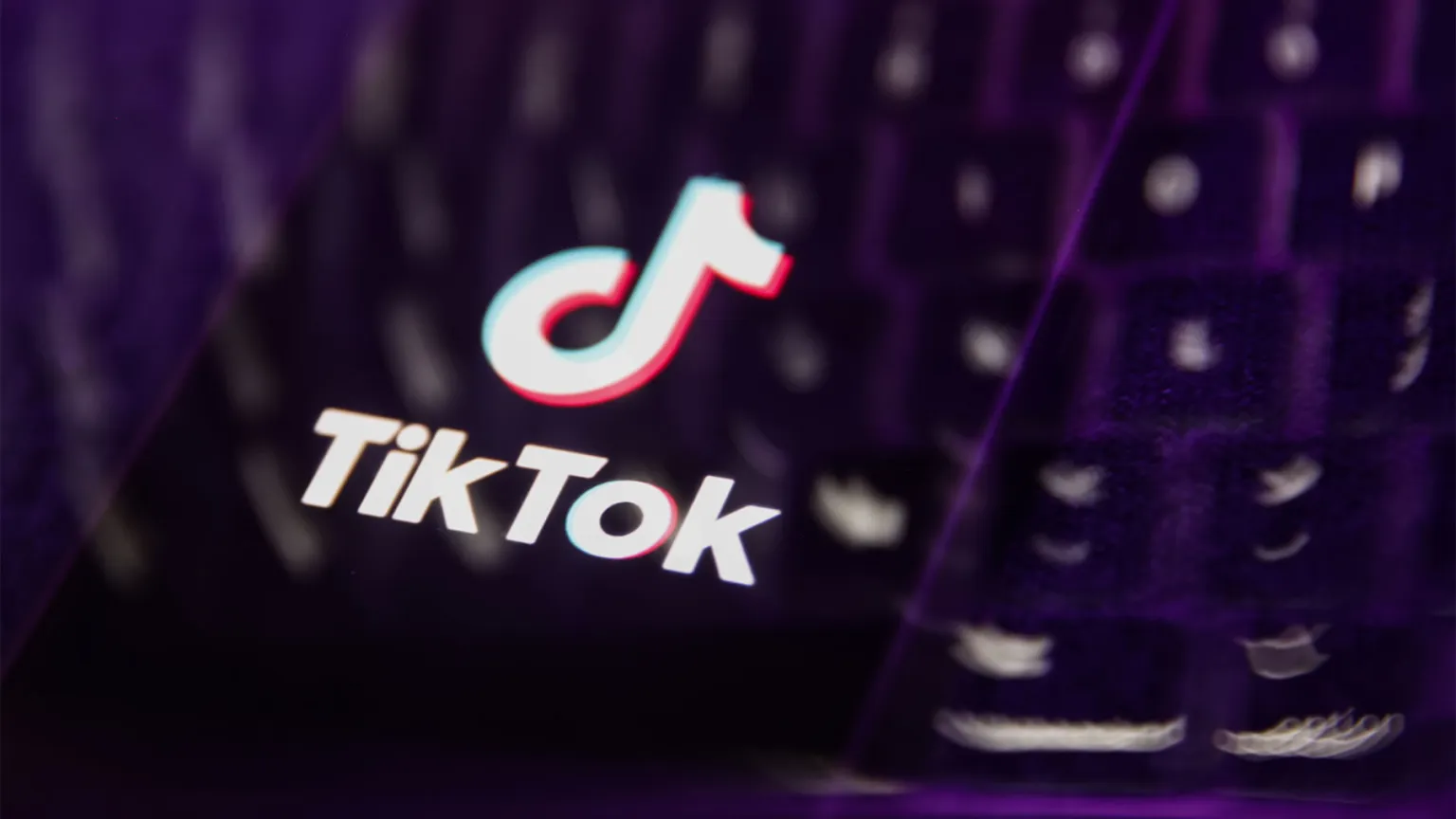


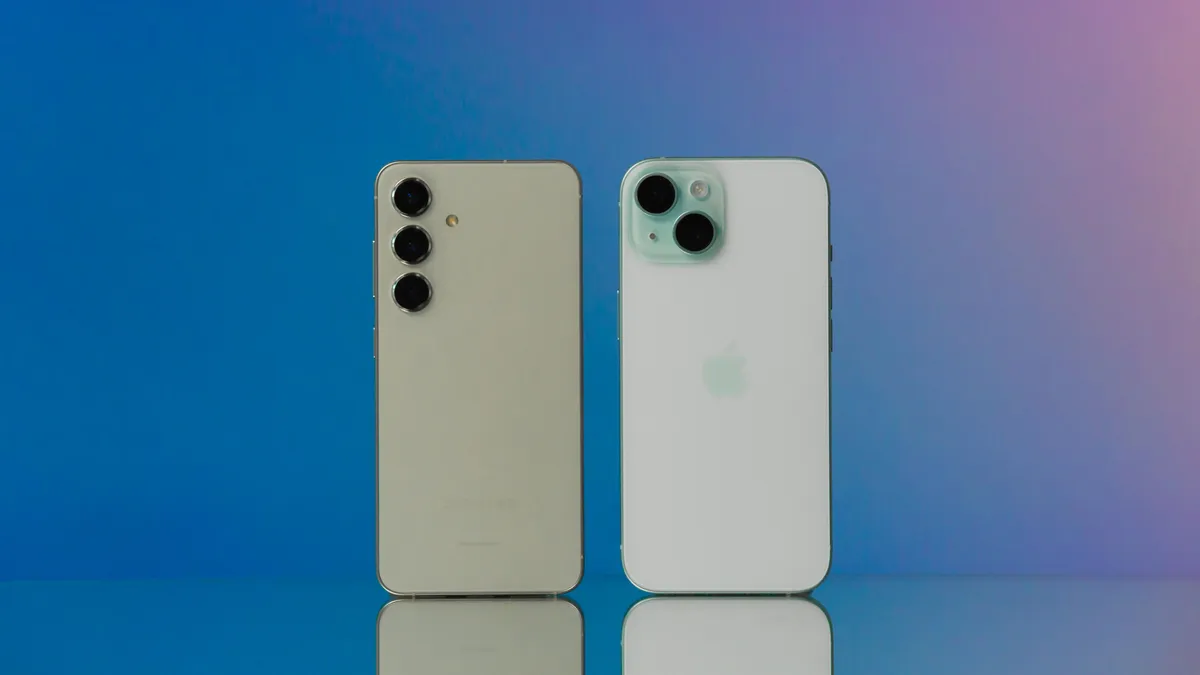

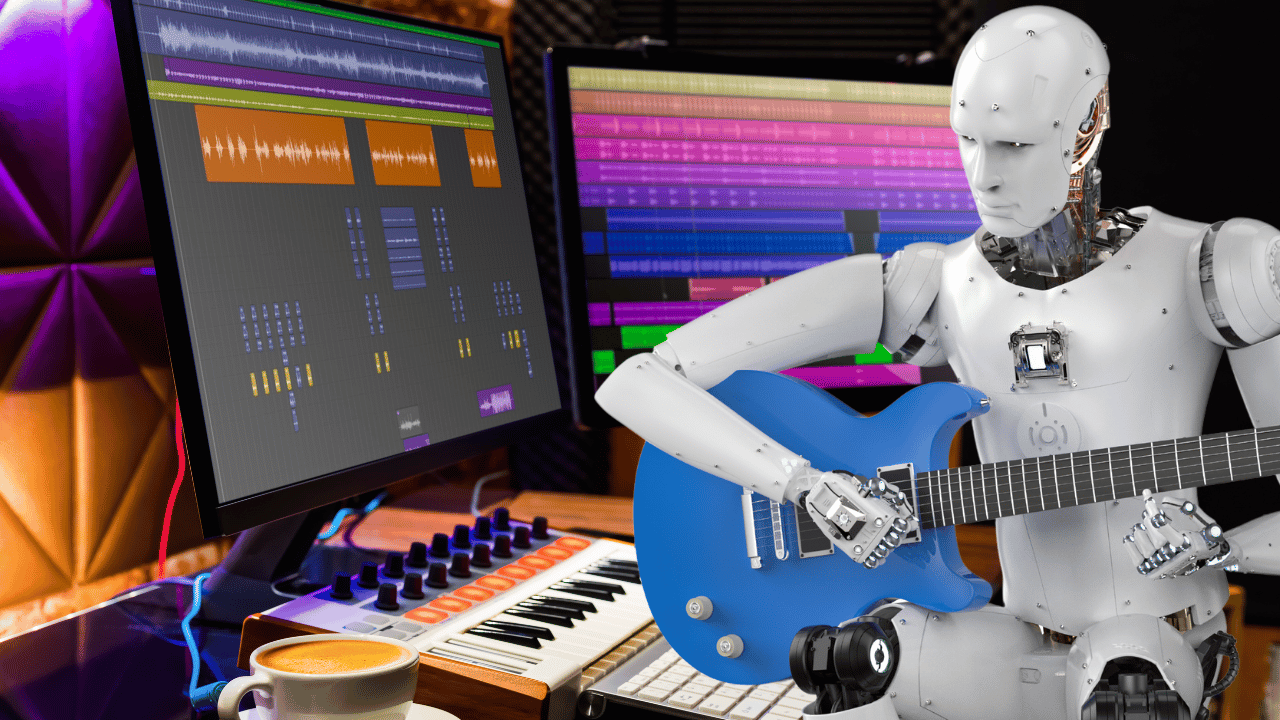

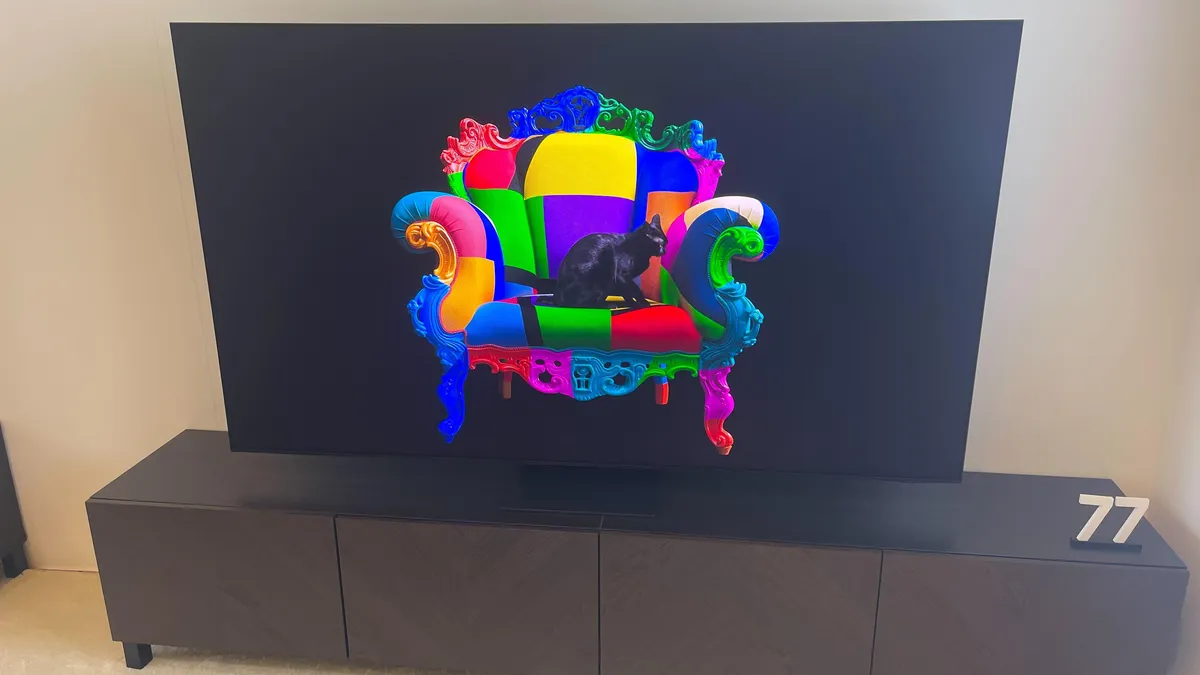

Nhận xét (0)